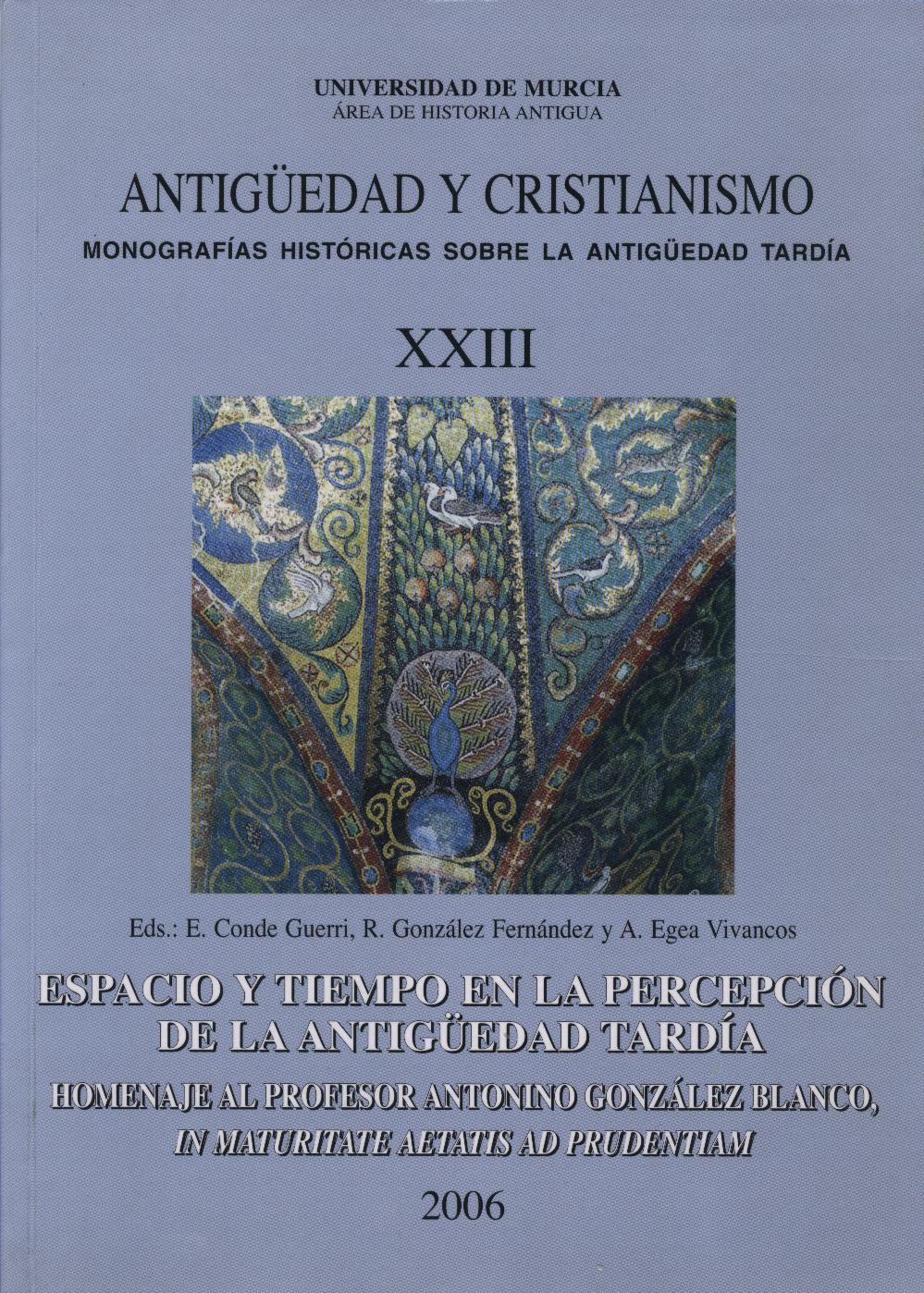La pena de exilio en la legislación hispanogoda
Abstract
This work tries to follow the evolution of the concept of
exsilium like judicial and penal penalty throughout the visigoth period, that parallelly changes of sense and meaning to the generalization of the monastic anthropology in that period and to the progressive joining of the contexts terrenal and spiritual in the hispanogothic society. The exsilium becomes thus an imprisonment of penitencial type in a monastery. That change takes place in two stages:
Adoption on the part of the legislators of an ecclesiastical punishment, the imprisonment in a monastery, like judicial pain on lay, in the middle of the 7
th century.
Adoption in the last quarter of 7
th century on the part of the ecclesiastical legislators of a senseless judicial term in the monastic world, the exsilium, to refer to the penitencial imprisonment in a monastery.
Downloads
-
Abstract292
-
PDF (Español (España))508
1. The authors non-exclusively assign the exploitation rights (reproduction, distribution, communication and transformation) to the magazine.
2. The works published in this magazine are subject to the Attribution-ShareAlike 4.0 International license (CC By SA 4.0). Therefore, they can be copied, used, disseminated, transmitted and publicly displayed, provided that:
i) the authorship and the original source of its publication (journal, editorial and URL of the work) are cited, thus allowing its recognition.
ii) it is allowed to remix, transform or create from the material while maintaining the same license as the original.
Note: Articles prior to 2022 incorrectly display the CC by SA license in the abstract page. They are under a CC by NC ND license as embedded in the article pdfs. Articles published in 2022 and after are under the CC by SA license.

3. Self-archiving conditions. Authors are allowed and encouraged to electronically disseminate the pre-print (version before being evaluated) and/or post-print (version evaluated and accepted for publication) versions of their works before publication, as it favors their publication. Earlier circulation and diffusion and with it a possible increase in its citation and reach among the academic community. Color RoMEO: verde.
























